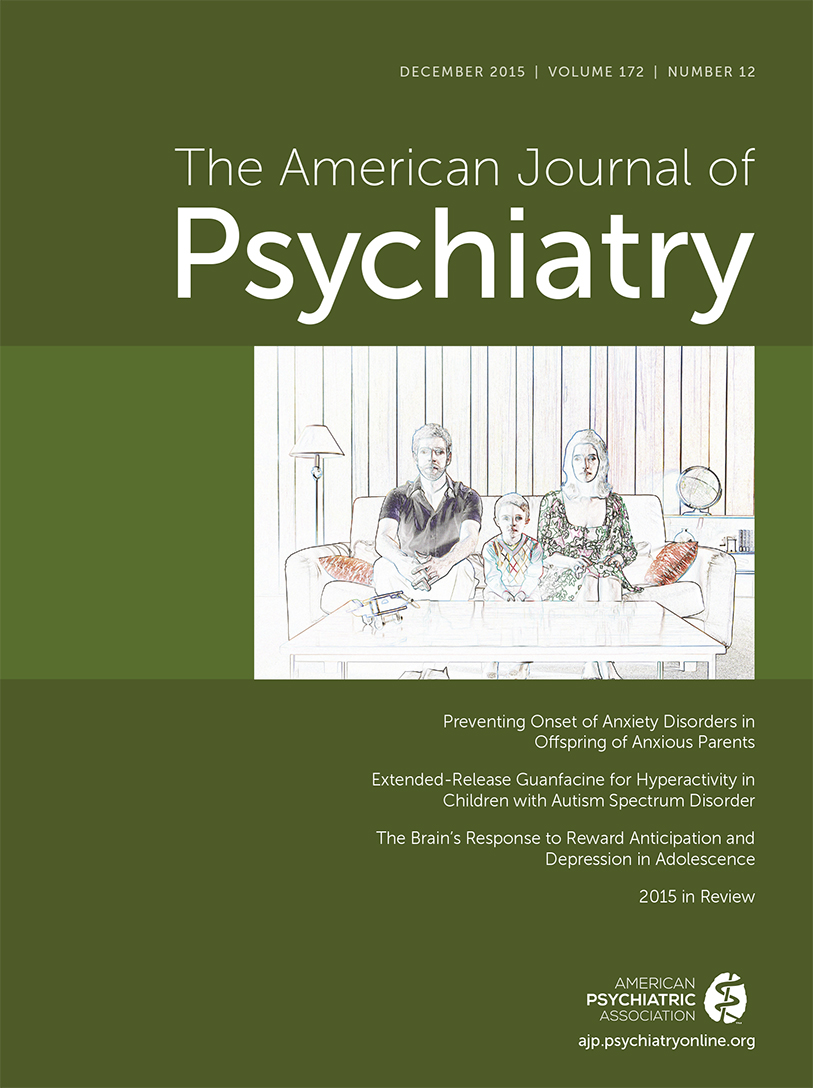Preventing Onset of Anxiety Disorders in Offspring of Anxious Parents: A Randomized Controlled Trial of a Family-Based Intervention
Abstract
Objective:
The authors examined the efficacy of a family-based intervention to prevent the onset of anxiety disorders in offspring of anxious parents.
Method:
Participants were 136 families with a parent meeting DSM-IV criteria for an anxiety disorder and one child 6–13 years of age without an anxiety disorder. Families were randomly assigned to the family-based intervention (N=70) or to an information-monitoring control condition (N=66). All families were expected to complete assessments, administered by blind interviewers, at baseline, at the end of the intervention (or 8 weeks after randomization) and at 6- and 12-month follow-ups. Onset of any anxiety disorder and anxiety symptom severity (assessed using the Anxiety Disorders Interview Schedule for Children) at 12 months were the primary and secondary outcome measures, respectively.
Results:
The incidence of child anxiety disorders was 31% in the control group and 5% in the intervention group (odds ratio=8.54, 95% CI=2.27, 32.06). At the 1-year follow-up, youths in the control group also had higher anxiety symptoms ratings than those in the intervention group. Effect sizes were medium to large (0.81 at 6 months and 0.57 at 12 months for anxiety symptoms), and the number needed to treat was 3.9 at 12 months. Significant moderators included baseline levels of child anxiety; significant mediators were parental distress and modeling of anxiety. Child maladaptive cognitions and parental anxiety did not mediate outcomes.
Conclusions:
A brief psychosocial prevention program holds promise for reducing the 1-year incidence of anxiety disorders among offspring of anxious parents.



